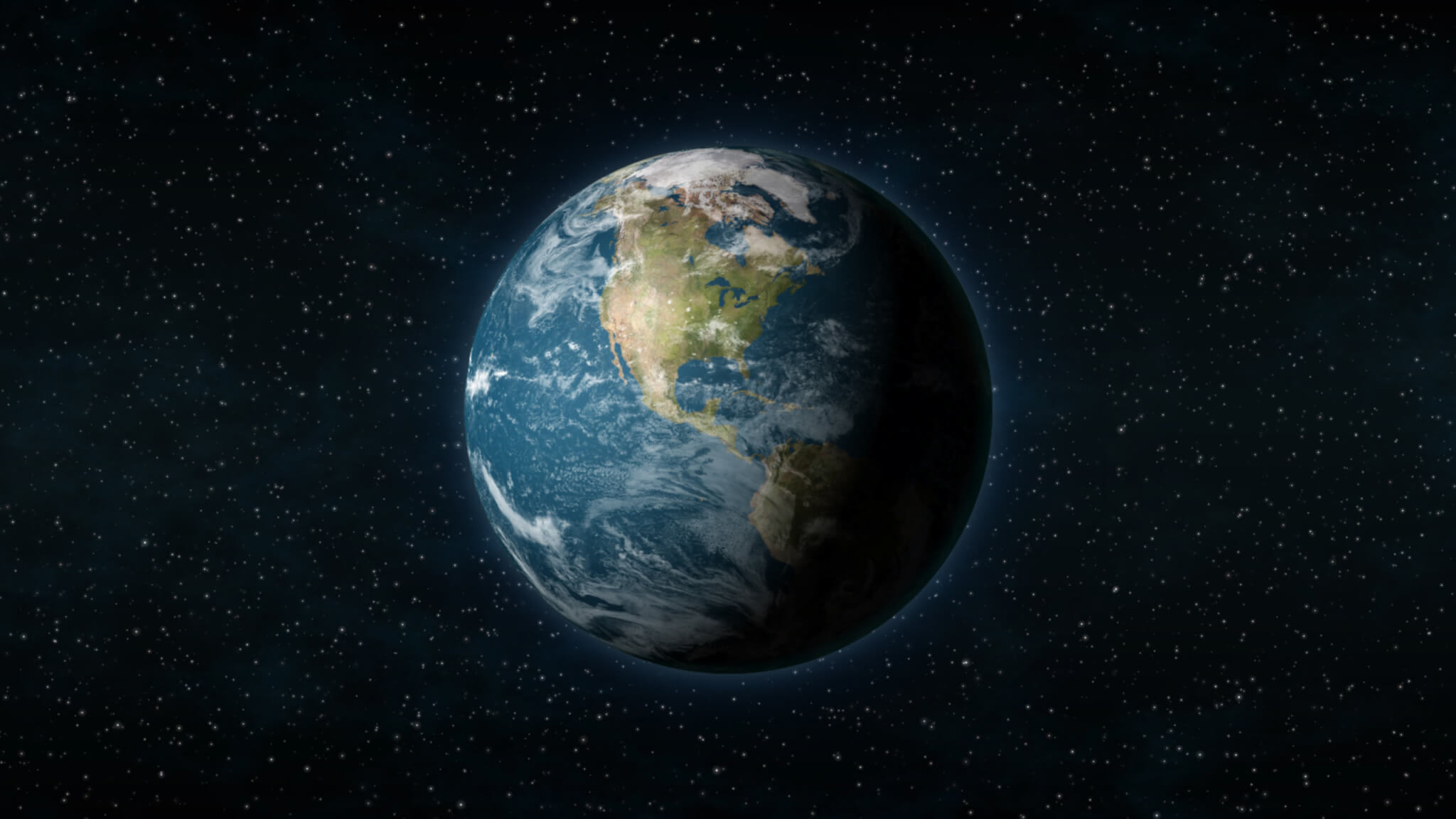
According to a study, the Earth has a slow and steady geological heartbeat that occurs once every 27 million years or so. Here’s why it is perplexing astronomers.
Earth’s geological heartbeat: Here’s how it beats

In the last 50 or so years, researchers have been proposing cycles for major geological events. These cycles vary from volcanic activity to mass extinctions and range between 26 to 36 million years. However early work in the geological record is limited by restrooms from dating technology. This was also hindering researchers from conducting quantitative studies. However, since then radio-isotopic dating methods have improved drastically, leading to new information on the timing of the events.
Michael Rampino, the lead author, is a professor and geologist from New York University’s Biology department. He and his collègues used new technology to update records of major geological events that occurred in the last 260 million years. Additionally, they conducted new studies.
What does the study reveal?
The group analyzed 89 major events and found that they are clustered at 10 different time points. However, a surprising pattern was noted in how these peaks or pulses were around 27.5 million years apart. Like a heartbeat. “Many geologists believe that geological events are random over time. But our study provides statistical evidence for a common cycle, suggesting that these geologic events are correlated and not random,” stated Rampino. The most recent cluster of events was 7 million years ago, suggesting that the next major pulse of geological activity is at least 20 million years away.
According to the researchers, these pulses may be part of a cycle of activities in the Earth’s interior. It can also be related to climate and plate tectonics. “Whatever the origins of these cyclical episodes, our findings support the case for a largely periodic, coordinated, and intermittently catastrophic geologic record, which is a departure from the views held by many geologists,” added Rampino.
